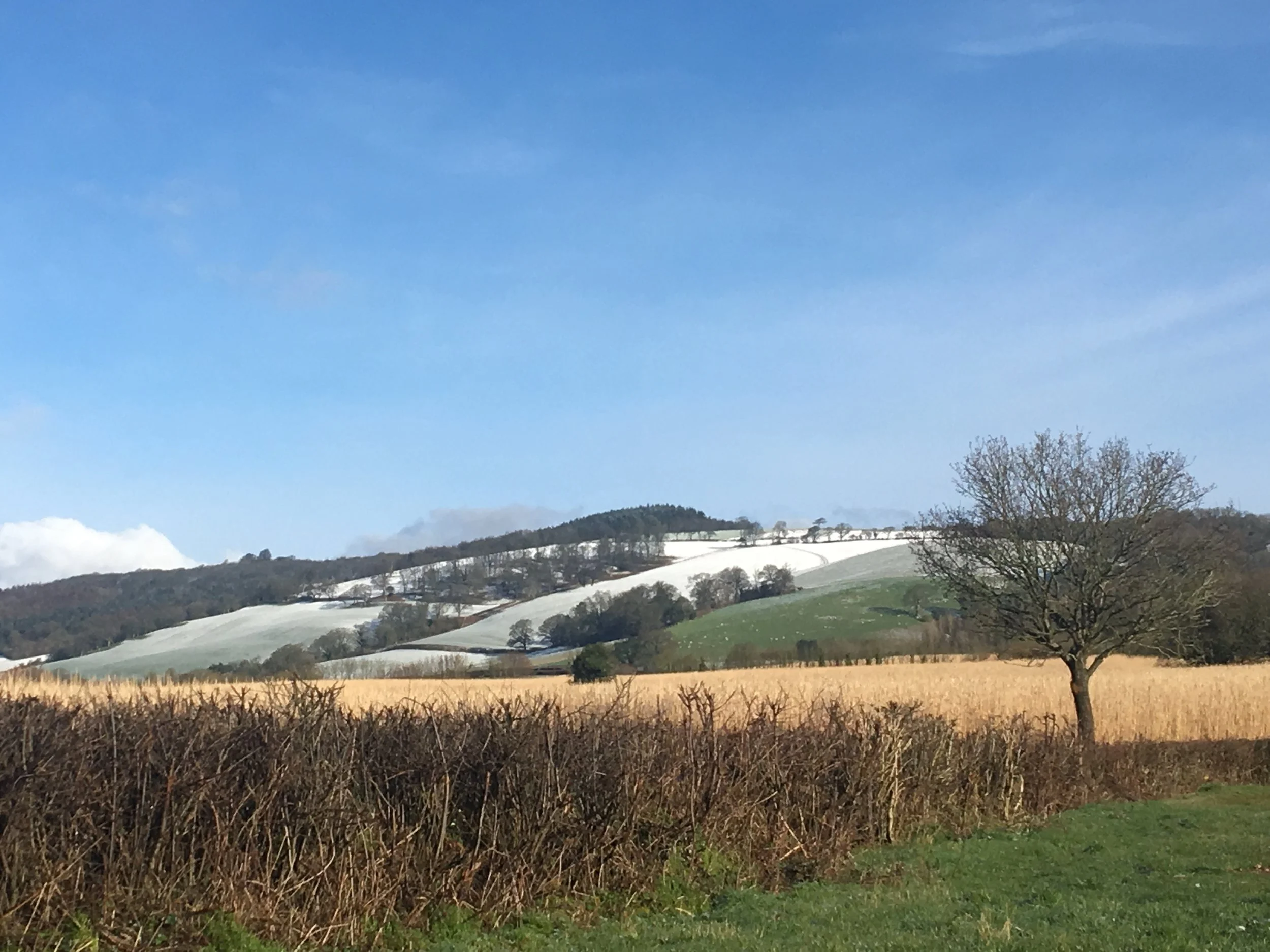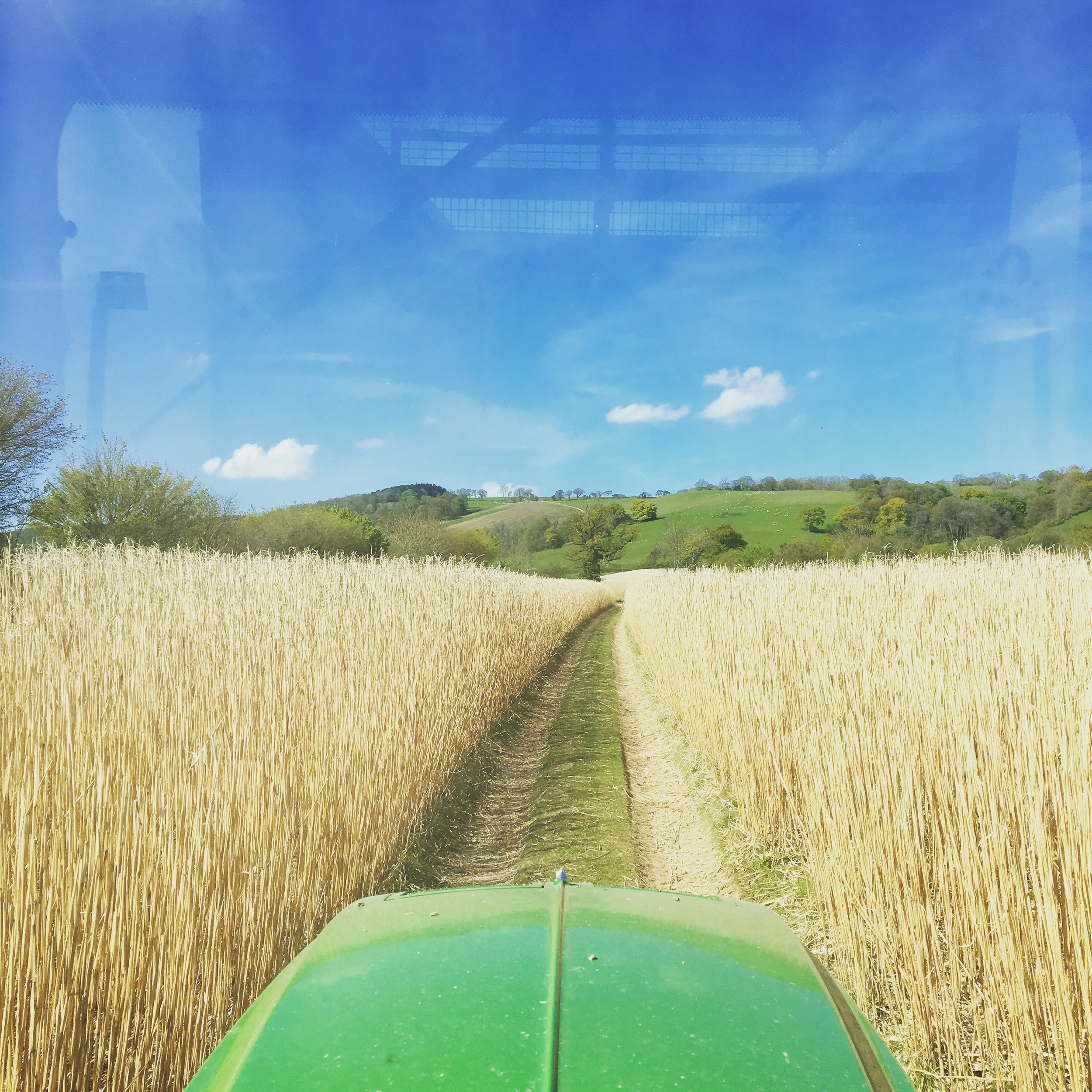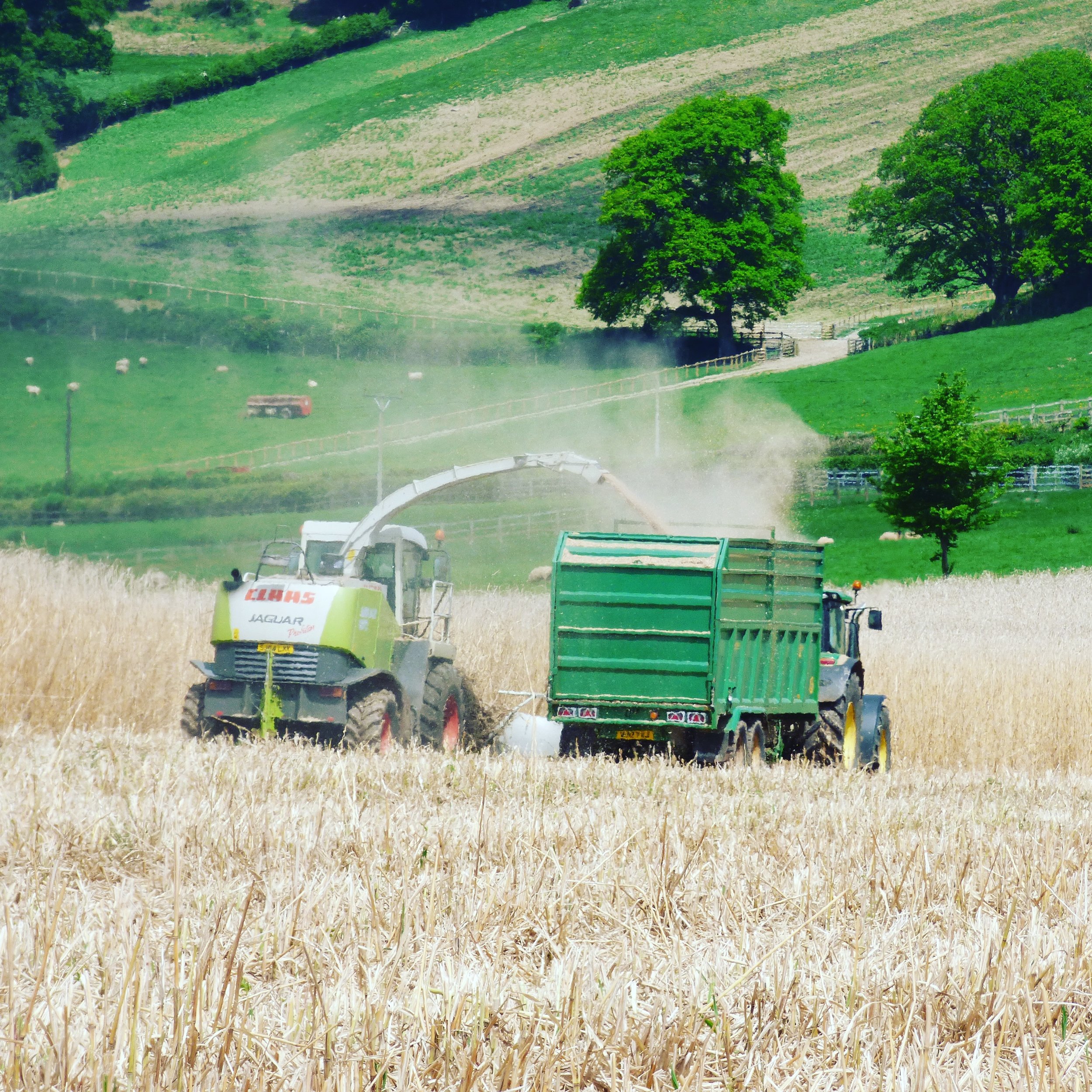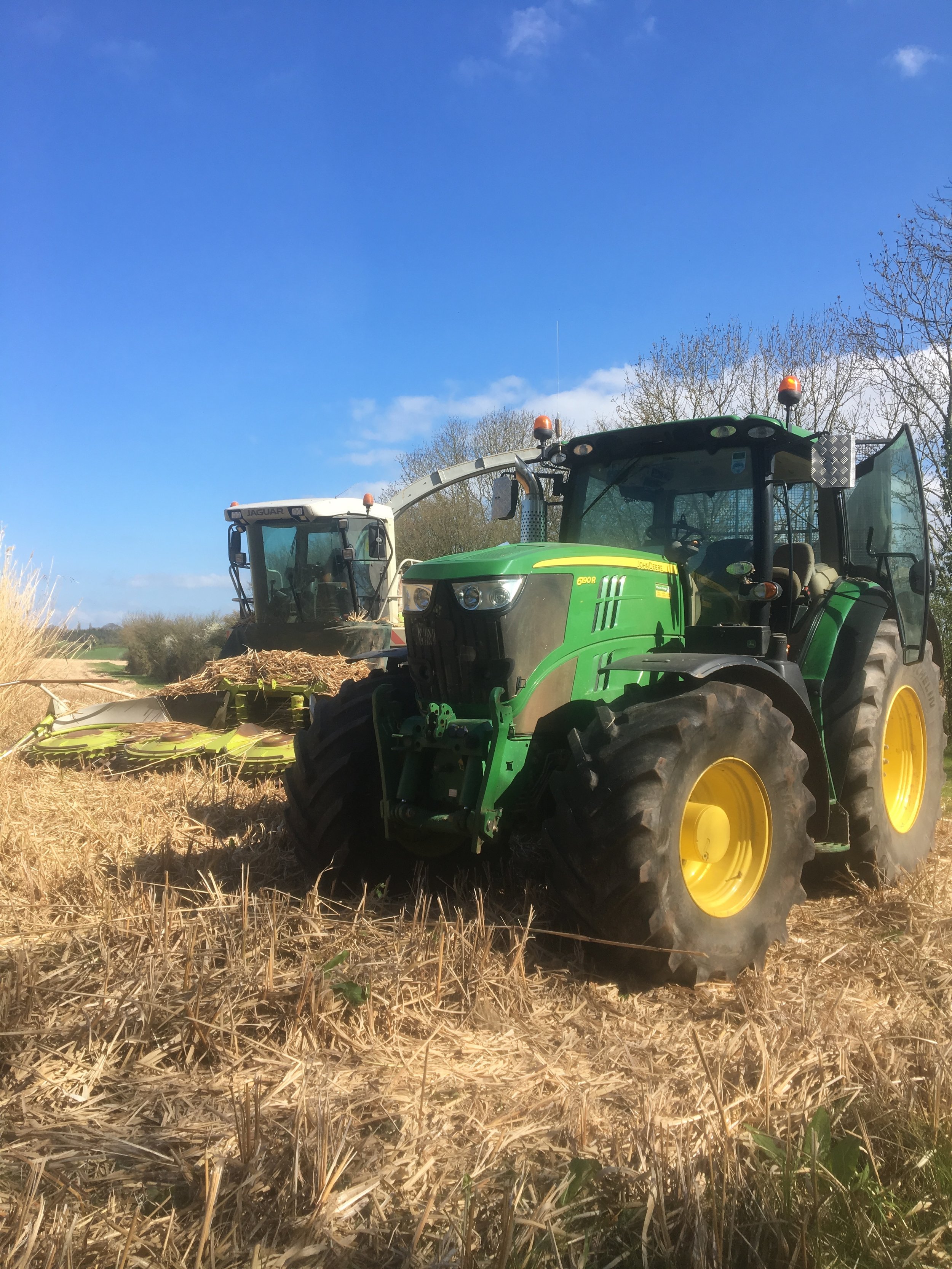History
Fennington Fibres started growing Miscanthus (Elephant grass) in 1999 and haven't stopped since. We pioneered the on going development of miscanthus for horse bedding in 2004. We started by using a 4x4 and trailer to deliver the product to customers around Somerset and Devon. Stan Dusting who started the business has grown the company over the last 13 years to being the largest supplier of chopped Miscanthus bedding in the UK.
We distribute all over the south west and far beyond. We harvest hundreds of acres of locally grown miscanthus, guaranteeing consistency of the crop.
We are supported by Defra and The European Agricultural Fund.
Harvest
Miscanthus is harvested once a year when it is at it's driest state during the months of April & May. We use our own machinery in order to chop the whole of the miscanthus cane into a unique chip form. Our harvesting methods have proven to ensure a very high product quality due the the miscanthus cane being cut not shredded.
Storage
We have a vast storage area for the chipped miscanthus to be stored and dried if necessary. Any excess moisture can be eliminated and the miscanthus can be stored inside until it is packaged.
Processing & Packaging
We have a fully automated process and packaging plant where the miscanthus is fed into a hopper and carried through to the first of the 'sorting'. Here the materials are separated and dust are sieved out, and the perfect length chips of miscanthus is conveyed into the packaging plant.
From here we have a continued dust extraction system in place and the material is run over electronic weigh scales to ensure 20 kg per bale and then the high density bales are pushed out ready for the robot to stack them.
The robot stacks the pallet with bales and once the pallet is full we hood and shrink wrap each one so that it is ready for storage and transport.







